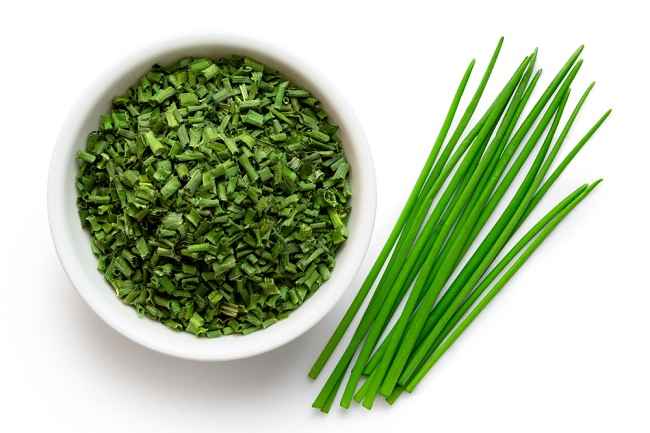Organic rice is quite popular for consumption by some people, especially those who live in urban areas. This is because rice, which is often sold at high prices, is often considered healthier and tastier, and contains more nutrients than ordinary or non-organic rice.
Although claimed to be healthier, organic rice is also not entirely good for health. Organic and non-organic rice can both contain arsenic which is toxic and can harm the health of the body.

In addition to rice, arsenic can also be found in several other sources, such as fish, fruits and vegetables that are treated with pesticides, and drinking water contaminated with arsenic.
Getting to Know Organic Food
Before discussing further about the arsenic content in organic rice, you need to first know what organic food is.
Organic food or organic food is a type of food grown and produced by natural methods using little or no chemicals, pesticides, and synthetic fertilizers.
Not only beneficial for health, organically processed food is also claimed to be more environmentally friendly because it can help preserve water and soil from chemical pollution.
Foods labeled organic are usually more expensive. In fact, the claims of the benefits of organic food which are called healthier than ordinary food have not been fully proven.
Organic Rice Also Contains Arsenic
Although organic food is free from exposure to chemicals, such as pesticides, preservatives, and synthetic fertilizers, these foods still contain arsenic, including organic rice.
Arsenic is a chemical element that is naturally widespread in the earth's crust. This substance can be found in soil, air, and water. Plants can also contain arsenic due to absorption from water and soil.
In rice grown in paddy fields, for example, arsenic can be absorbed not only from the pesticides used, but also from irrigation water that flows through the fields. This arsenic-contaminated irrigation water can cause rice, including organic rice, to be contaminated with this toxic substance.
Not only that, arsenic that accumulates in the soil and then is used to grow various foods can also cause organic rice and other crops to be contaminated by arsenic.
Arsenic Dangers for Health
Almost all plants contain arsenic substances in varying amounts. However, some research shows that rice is known to absorb more arsenic from soil and water, than other types of plants.
When absorbed by the body, arsenic can be harmful to health. At low levels, exposure to arsenic can cause several symptoms, such as:
- Nausea and vomiting
- Diarrhea
- Irregular heartbeat
- Damage to blood vessels
- Tingling in the feet and hands
- Decrease in the number of red blood cells and white blood cells
While at high levels and long-term exposure, arsenic substances can increase the risk of several serious health problems, such as:
- Arsenic poisoning
- Type 2 diabetes
- High blood pressure or hypertension
- Skin disorders, such as skin irritation and dermatitis
- Break the nerves
- Heart disease
- Various types of cancer, such as skin cancer, kidney cancer, lung cancer, and bladder cancer
Although organic rice still contains arsenic, you don't need to worry because the amount of arsenic in organic rice can be reduced so that it is safe for consumption.
The trick, wash the rice first before cooking using a lot of water or at least 6 cups of water, so that the arsenic in the rice can be rinsed off. Also make sure the water used when washing rice is not contaminated with arsenic. When washing rice, wash it until the rice water is clear and not cloudy.
Organic rice can indeed be a healthy food choice. However, you also have to pay attention to how to process it so that the benefits obtained can be felt optimally.
If you still have questions about the benefits and risks of consuming organic food, including organic rice, you can consult a doctor for a more complete explanation and information.









